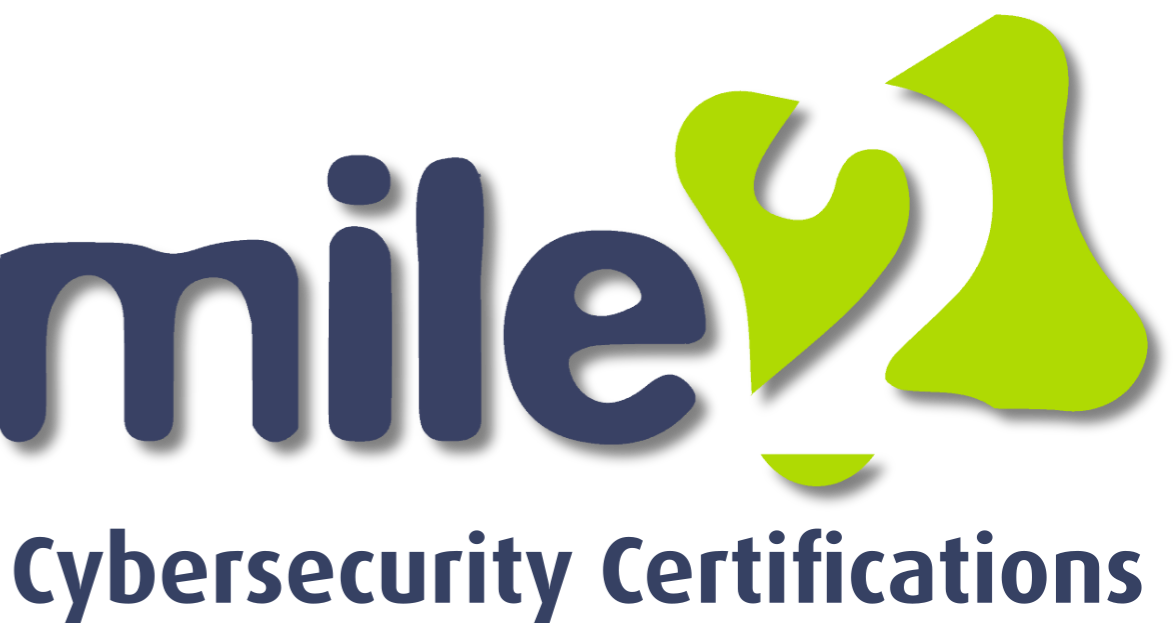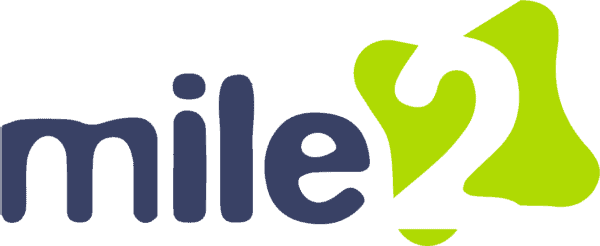Mjulius513
Forum Replies Created
-
AuthorPosts
-
Mjulius513
ParticipantI agree with your point about defense in depth. Implementing multiple layers of security is a smart strategy, as no system is perfect. I appreciate that your workplace employs ethical hackers and invests in employee training. This demonstrates how teamwork and awareness contribute to keeping systems secure, even as threats continue to evolve.
Mjulius513
ParticipantOne important OWASP security principle is “Separation of Duties.” This means that important tasks should be divided among different people so that no one person has full control. For example, the person who makes a payment should not be the same person who approves it. By splitting up duties, it becomes much harder for someone to make a mistake or do something wrong without others noticing.
This principle is very important because it helps stop fraud, abuse, and accidents. If one person had all the power, they could easily misuse it or make a serious error. When work is shared, each person can check and confirm the other’s actions, which improves safety and honesty. It also helps keep people accountable for what they do. In simple terms, Separation of Duties keeps systems and data safe by making sure no single person can control every step of an important process.
Mjulius513
ParticipantIn 2020, the biggest security concern arose from the sudden shift to remote work that resulted from the COVID-19 pandemic. When offices closed, employees began working from home using personal computers and Wi-Fi networks that were not always secure. This made it easier for hackers to attack by sending fake emails, using weak passwords, and spreading false COVID-19 information. Cybercriminals also used ransomware to lock company files and demand money, which caused problems for people’s jobs and livelihoods.
Companies and organizations responded by adding stronger security measures, such as VPNs for safe connections and two-factor authentication to protect logins. They trained employees to recognize phishing scams and encouraged regular software updates. Many organizations also started backing up critical data and improving cloud security settings.
Even first responders and healthcare workers had to deal with these risks while focusing on saving lives. Overall, 2020 taught everyone that cybersecurity is essential, especially when people work remotely and rely heavily on online systems.
Mjulius513
ParticipantYou made some important points about the risks of using mobile devices. Malware and phishing are serious threats because they can steal personal information or take control of a phone. Fake apps and unsafe links are common ways these attacks spread. Data loss is also a big concern, especially if a device is lost or stolen without security measures like a password or encryption. Using public Wi-Fi can be risky, too, since hackers can intercept private information. It’s also important to mention spyware and tracking, as many people don’t realize how easily their movements and data can be monitored. Overall, your explanation shows why users need to be careful and use security features like strong passwords, regular updates, and trusted apps to protect themselves.
Mjulius513
ParticipantYou make some excellent points about the importance of having clear and detailed incident response policies. A well-documented plan really does make a significant difference during a crisis, as everyone knows exactly what to do and who is responsible for each task. I appreciate how you highlighted the importance of proper communication and training—these are often overlooked yet crucial elements in ensuring incidents are handled promptly and effectively. Regular training and simulations also help employees stay prepared for real attacks. The post-incident review is another great point since learning from past mistakes is one of the best ways to improve security.
Mjulius513
ParticipantI completely agree with your points about third-party audits. Having an outside expert review your systems is very important because they can find issues that internal teams might overlook. It’s also true that third-party audits help build trust with customers and partners since they show that the company takes security and compliance seriously. Beyond just meeting requirements, these audits help improve overall security and keep data safe. They also give useful feedback that can make operations stronger and prevent future problems. Overall, third-party audits are a smart way to stay secure, compliant, and prepared for new challenges.
Mjulius513
ParticipantMobile devices have many risks that can seriously affect users. One major risk is data leakage, where apps collect too much personal information, like contacts, location, and photos, and share it without permission. Malware and fake apps are also common threats; they can steal passwords, banking details, or even take control of the device. Phishing attempts through text messages or emails can trick users into giving away sensitive information. Using unsecured public Wi-Fi is another danger, as hackers can intercept data and steal login details. If a phone is lost or stolen, users are at risk if the device isn’t locked or encrypted, allowing strangers to access private files. Outdated software can also leave devices open to known security attacks. Privacy is a concern, too, because many apps track users’ locations and habits. Since mobile devices often connect to smart home gadgets and wearables, a hacked phone could also compromise other personal systems. All these risks can lead to identity theft, financial loss, loss of privacy, and exposure of sensitive work or personal data.
Mjulius513
ParticipantTo establish a robust incident response program, an organization needs to implement key policies. First, there should be a clear incident response policy that defines what constitutes an incident, identifies the individuals responsible for responding, and outlines the necessary steps to follow. This clarity helps all employees recognize and report any unusual activities effectively.
A communication policy is also essential. It should explain how to report incidents, who should be informed, and how to share information both inside and outside the organization. This reduces confusion and prevents the spread of false or harmful information.
Another important policy is the data handling and backup policy. This ensures that any evidence from an incident is collected, preserved, and documented correctly, which is crucial if there may be legal action later. There should be a training and awareness policy. Employees need to practice through regular drills and understand their roles during an incident. Together, these policies create a well-organized and effective response that minimizes damage and aids recovery.
Mjulius513
ParticipantA third-party audit is important because it offers an independent review of a company’s security and compliance practices. When an outside group conducts the audit, it is more reliable, as the company cannot affect the results. The auditors have the expertise to find weaknesses that the company’s staff might miss. This outside check also builds trust with customers, business partners, and regulators. It shows that the company is committed to protecting its systems and data. These audits also help companies meet industry standards. Many sectors, like healthcare and payment systems, have strict rules to follow. A successful audit demonstrates that the company is adhering to these rules, helping to avoid fines, penalties, or legal issues. This protects the company’s reputation and shows that it takes responsibility seriously. Being compliant can also give a competitive edge, as customers often choose companies that follow security standards. In short, audits promote better security, legal compliance, and customer trust.
Mjulius513
ParticipantGod created us, and Jesus came to save us. The Sabbath reminds us of two great truths—God made us, and Jesus redeems us. Just as God took a break after creating the world, Jesus offers us rest through His death and resurrection. We don’t need to work for our salvation; it is a gift from Him. Each Sabbath is a time to step back from our busy lives and remember that Jesus is our Creator and Redeemer.
Who is Jesus to me? The Sabbath points us to Him as the One who gives us life and hope. It also challenges us to grow in faith by studying His Word, serving others, and using the gifts He has given us. The Sabbath is a taste of the eternal rest and joy we will one day share with Him forever. Walking with Jesus truly changes our lives, and the Sabbath helps us keep our eyes on Him each week.
Mjulius513
ParticipantStandardizing hardware and software IP addresses helps make troubleshooting and network management easier. A strong security policy protects data from hackers and viruses. Network reliability and availability ensure data is sent and received smoothly through cables and wireless signals. What steps do you take to keep your network secure and running smoothly?
Mjulius513
ParticipantDaily network tasks like checking services and reading logs help keep systems running smoothly and securely. They catch issues early and help with long-term fixes. Regular backups, system tests, and updated plans also prepare networks for disasters. These daily steps ensure that the network can recover fast and keep the business running if something goes wrong.
Mjulius513
ParticipantI was created for a purpose, God’s purpose. He gave me a plan in mind, and my life is meant to bring Him glory. Even before the world began, God had good works already prepared for me to walk in. That means I’m not here by accident, my life matters because He made it so.
I grew up in the church and knew about God, but in recent years I’ve drifted. Still, deep down I know He’s calling me back. If I know Jesus, then I have a part to play in His kingdom. It’s time for me to get to work in His vineyard to love, to serve, and to share His truth while I still can. The Bible reminds me, “Work while it is day, for night is coming when no one can work.”
Even though I’ve been distant, God hasn’t let go of me. He still loves me, calls me, and wants to use me. I’m ready to answer that call.
Mjulius513
ParticipantWhen I read Chapter 9, one thing that stood out to me was how important it is to check applications and service logs every day. These logs help show if something is going wrong, like a system not responding or a service failing. By checking these logs often, network technicians can fix small issues before they become big problems. It helps keep the network running smoothly and safely.
Another thing I learned was how important disaster recovery is. The chapter explained that things like power outages, hardware failures, or cyberattacks can happen at any time. That’s why it’s important to have a good disaster recovery plan and to keep backups of important data. Having clear steps to follow can save time and reduce stress during an emergency. It also showed me that being prepared and organized is a big part of network management.
Mjulius513
ParticipantWhen planning a network, it is important to follow key design policies to ensure the network is secure, reliable, and ready for growth. One important policy is security, which protects the network from threats by controlling access to data and devices. This includes using firewalls, strong passwords, and encryption to keep hackers and viruses out. Another key policy is the performance policy, which helps the network run smoothly by making sure there is enough bandwidth and the right placement of network devices like routers and switches. This prevents slow connections and system failures.
The scalability policy ensures the network can grow in the future without needing a full redesign. It allows more users, devices, or data to be added as needed. By following these three policies—security, performance, and scalability—network planners can create a strong, efficient, and flexible network that meets both current and future needs. -
AuthorPosts

